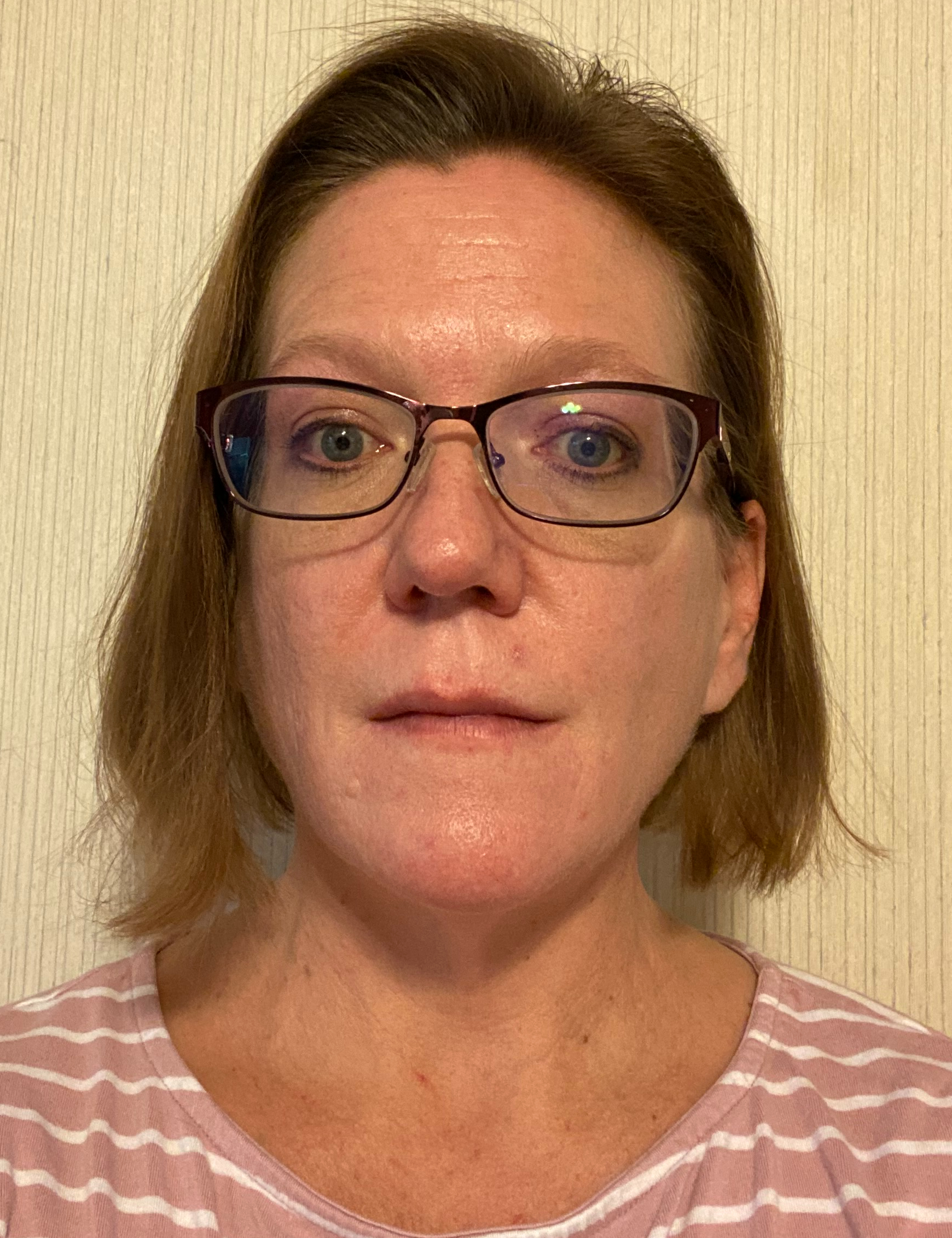Requests For Variances Following Townsend Water Rate Increases Raise Concern
 | Author:
Linda Kent, MT43 News Correspondent
MT43 News Correspondent |
Linda Kent
MT43 News Correspondent
Requests for variances following Townsend water rate increases raise concern about need to review utility ordinances and city procedures.
Townsend’s City Council heard a number of requests for variances from the city’s utility policies since water rates increased to $91.03 for residential service as of January 1.
Those requests raised larger questions about the ordinances governing how utilities are billed, how properties with multiple uses – businesses with potential rental units attached to the same water service line – are identified and noticed of billing changes, and how the city is notified when potential rental units are added to an existing service.
“As we go forward, with the water project, with Townsend getting bigger, we have to really start dialing in on what is fair and consistent,” council member Doug Sitton said during the council’s March 18 meeting.
At that meeting, Chase Ragen, owner of The Betsy building, asked the council to waive a second service billing for the rental unit above the business until November, when the lease would renew, on the basis that until January, the building had only been charged for the single curb stop that connects it to city water.
Ragen’s primary concern was that he had no notice beyond a single phone call that a second set of utility fees would be added to his property, after the city confirmed that an apartment on the building’s second floor had been leased. Because the apartment had not been previously included in the building’s utility service fees, due to the single service line for the building, Ragen had not had the opportunity to include provision for those in the lease agreement.
The City Council agreed to waive the second utility charge for four months. Ragen also said he would work to get business owners together to see if group rates for water meters and installation could be a more cost effective option. He also proposed changing the water ordinance to reflect the number of occupants in a unit or other water usages, such as water lawns.
When a residential unit is added to a property, if that residence does not receive its own service lines, the property owner is expected to notify the city of the change. If not, the city would only add a service fee if someone notifies them that a unit has been added.
While the city does allow customers to install meters, the ordinance establishes a basic fee based on the size of the service line. Meters would allow those who have multiple residences attached to a single service line to be charged for actual water usage, instead of a number of flat rates based on the number of residential or business units.
Ragen was not the first to bring such concerns to the council.
In early March, Dennis Schenk, owner of Townsend Flooring, came before the council to request that the showroom he had built above his main sales floor and plumbed into the business’ existing service line not be billed as a second city utility service. At the time, Schenk was told that his best option was either to disconnect the showroom from his service or add a meter. The expense for adding a meter at that location was estimated at $5,000.
Others have requested to have utilities for unoccupied rental units waived. Those requests have been denied at council.
At the March 18 meeting, Mayor Vicki Rauser clarified that the actual cost of the meters themselves was only a few hundred dollars.
Rauser cautioned the council that city’s bond repayments for the water project were based on estimated income with the current ordinance intact.
“The water rates are subject to review on an annual basis in terms of the coverage, to make sure we cover the debt service [for the water project bonds]”, Rauser said. “I think it’s ok to start looking at this. . . .Any significant change in the rate structure that has an adverse impact on that revenue stream is going to create problems for the city.”